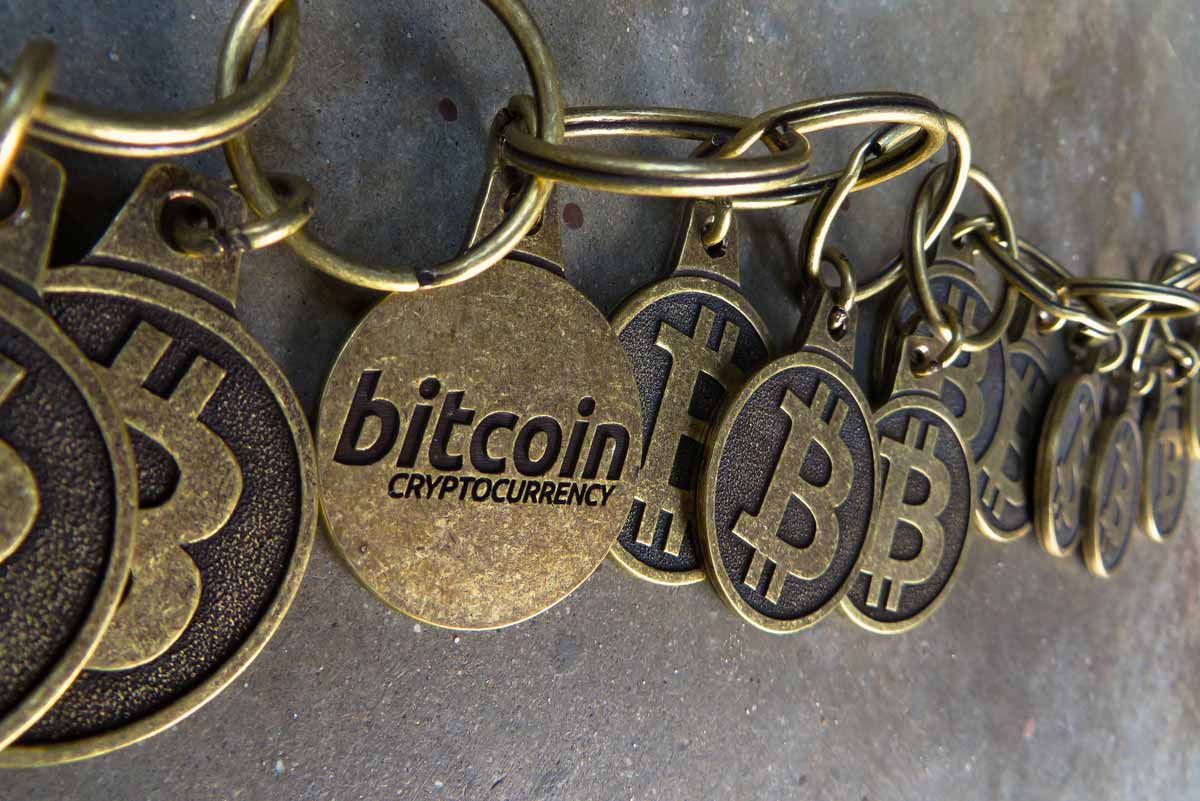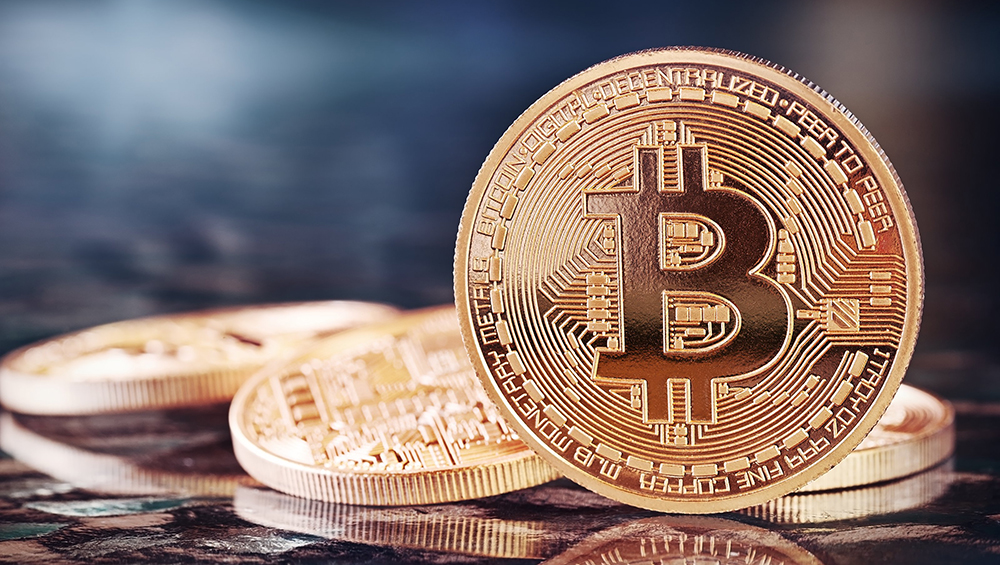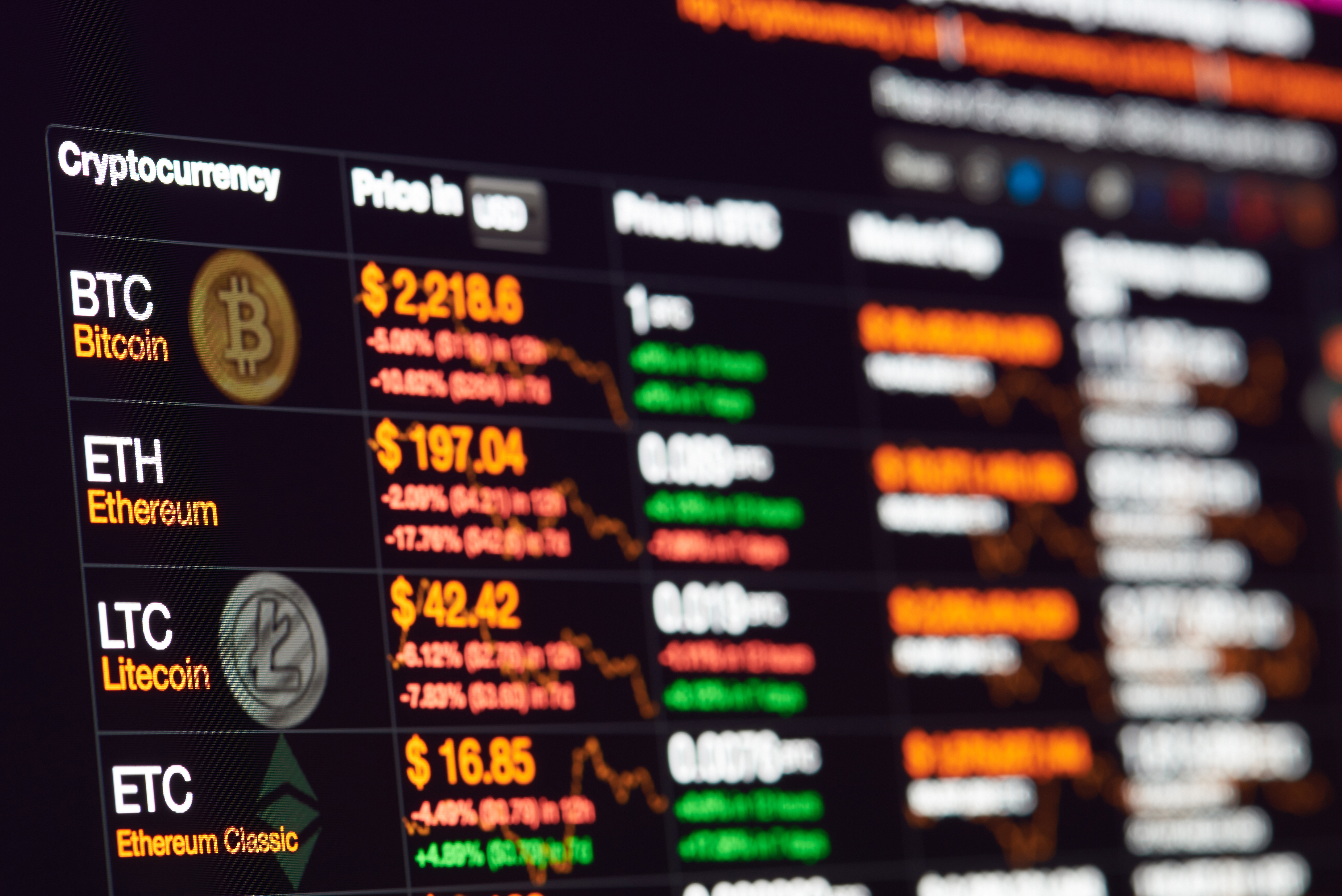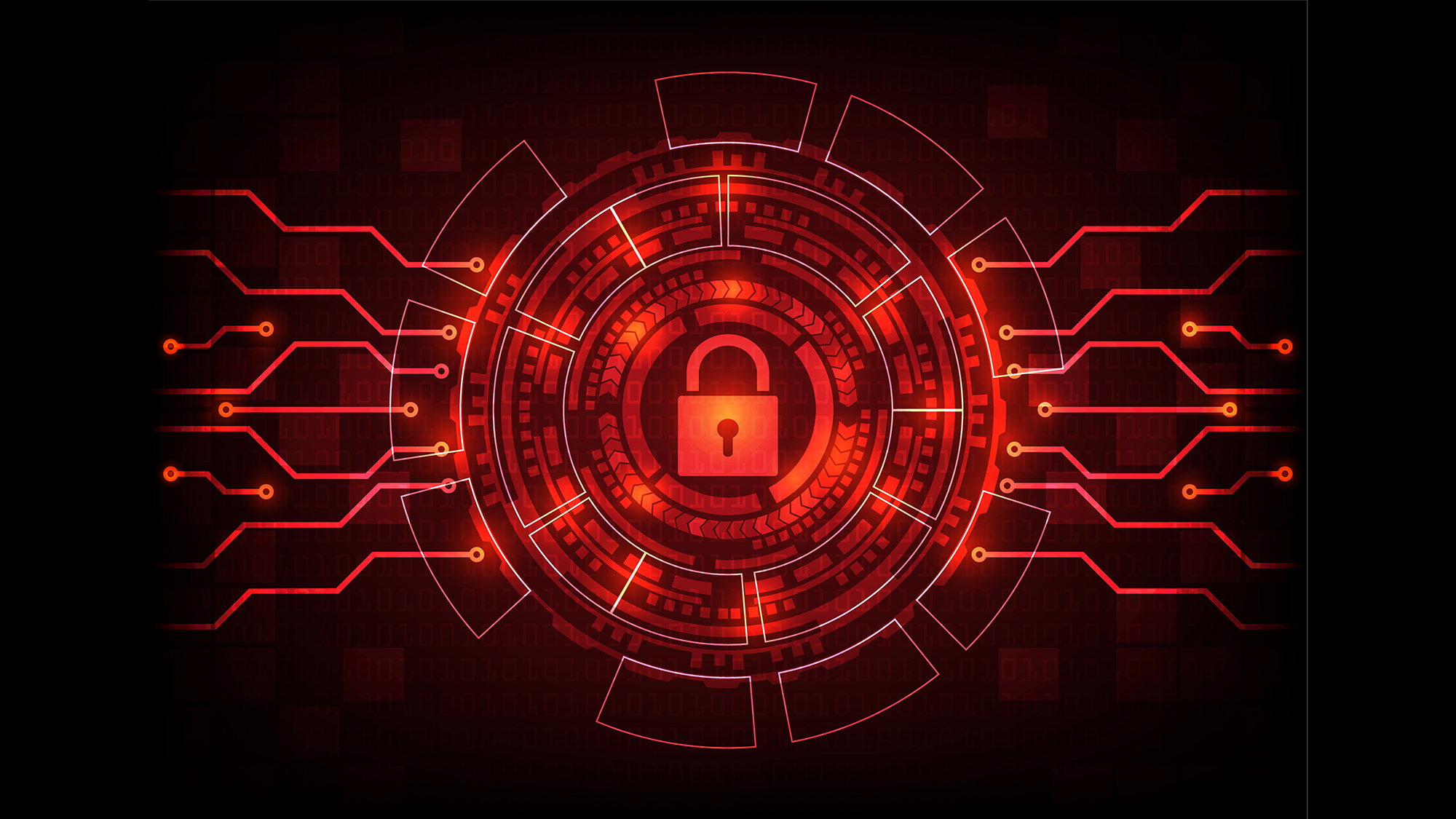Criminals launder money through Bitcoin
The lower value of the digital currency means criminals aren't hoarding it anymore


Sign up today and you will receive a free copy of our Future Focus 2025 report - the leading guidance on AI, cybersecurity and other IT challenges as per 700+ senior executives
You are now subscribed
Your newsletter sign-up was successful
The decreasing value of Bitcoin has reduced the number of cyber crimes related to the digital currency, IBM has revealed.
Although such crimes are still happening, the way people use the digital currency for nefarious means has changed, according to IBM Security.
Rather than people collecting and saving the digital currency to use for other purchases, they are now converting them to other currencies in order to launder the money as fast as possible.
But the dropping value of the currency means people are less likely to take part in illegal activity to obtain them because they will not get the returns they previuously obtained.
Etay Maor, senior fraud prevention strategist at IBM Security, said: "They use Bitcoin for the money laundering part and take payment with it, but they'll move it out almost immediately.
"Most of them [the cyber criminals] won't keep bitcoins - they don't like the valuations Bitcoin has - so they just use it as a layer of obfuscation, and move it to a different form of money."
In 2013, one bitcoin was worth 728, but now each is worth 155 and the reducing exchange rate means fewer people are partaking in the activity themselves, but instead using mules to make money.
Sign up today and you will receive a free copy of our Future Focus 2025 report - the leading guidance on AI, cybersecurity and other IT challenges as per 700+ senior executives
Maor said the people behind creating ransomware malware are recruiting mules to farm the money for them, paying them between 15 and 20 per cent commission on funds they process.
He explained that in Europe, mules are normally retired people looking to supplement their pensions, but in Asia and Australasia, students are recruited to launder Bitcoin funds.
However, those who get involved don't normally know they're involved in illegal activity until they are contacted by police.

Clare is the founder of Blue Cactus Digital, a digital marketing company that helps ethical and sustainability-focused businesses grow their customer base.
Prior to becoming a marketer, Clare was a journalist, working at a range of mobile device-focused outlets including Know Your Mobile before moving into freelance life.
As a freelance writer, she drew on her expertise in mobility to write features and guides for ITPro, as well as regularly writing news stories on a wide range of topics.
-
 Pulsant unveils high-density data center in Milton Keynes
Pulsant unveils high-density data center in Milton KeynesNews The company is touting ultra-low latency, international connectivity, and UK sovereign compute power to tempt customers out of London
-
 Anthropic Labs chief claims 'Claude is now writing Claude'
Anthropic Labs chief claims 'Claude is now writing Claude'News Internal teams at Anthropic are supercharging production and shoring up code security with Claude, claims executive
-
 Liquid cryptocurrency exchange loses $97 million after hack
Liquid cryptocurrency exchange loses $97 million after hackNews Amount lost includes $45 million in Ethereum tokens
-
 False crypto-mining apps plague Google Play
False crypto-mining apps plague Google PlayNews Apps deceive users into clicking on ads or buying non-existent mining subscriptions
-
 Ohio resident pleads guilty to running Bitcoin “mixer” money laundering scheme
Ohio resident pleads guilty to running Bitcoin “mixer” money laundering schemeNews More than $300 million went through Darknet-based bitcoin hashing (BTC) service
-
 Study: Cryptocurrency value spikes encourage more illicit mining
Study: Cryptocurrency value spikes encourage more illicit miningNews Researchers tracked Modero cryptocurrency and illicit mining for nearly three years
-
 Crypto-mining hackers hit Kubernetes clusters
Crypto-mining hackers hit Kubernetes clustersNews New campaign abused Kubeflow dashboards to install malicious containers
-
 FTC warns of rising cryptocurrency fraud
FTC warns of rising cryptocurrency fraudNews Marked rise in cryptocurrency losses began just as pandemic took hold
-
 Encrypted messaging site Privnote cloned to steal Bitcoin
Encrypted messaging site Privnote cloned to steal BitcoinNews Criminals aim to redirect users’ Bitcoins using a phishing scam
-
 US identifies and charges SamSam ransomware authors
US identifies and charges SamSam ransomware authorsNews In a wave of attacks spanning three years, the US government has charged the people behind it, but getting them in handcuffs won't be easy